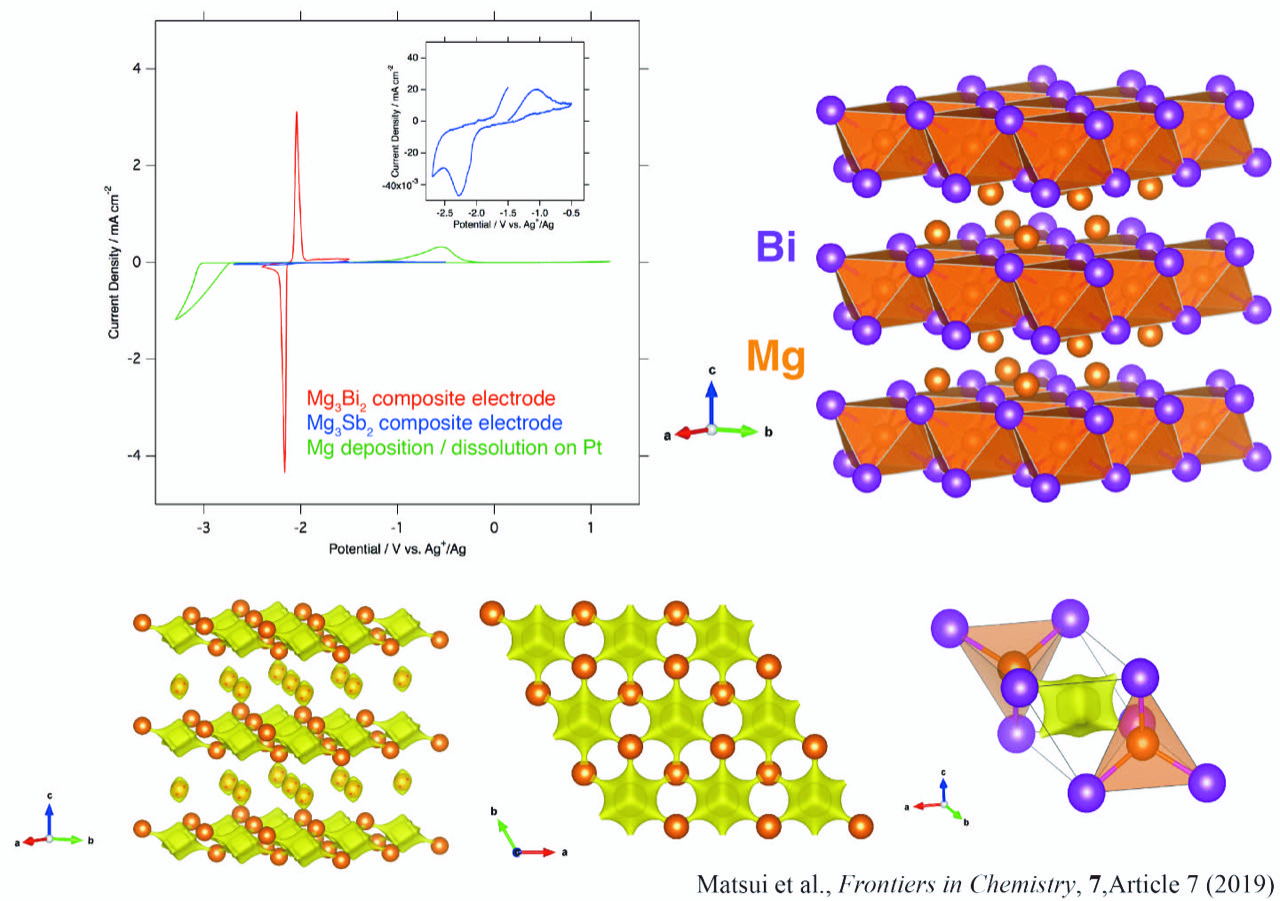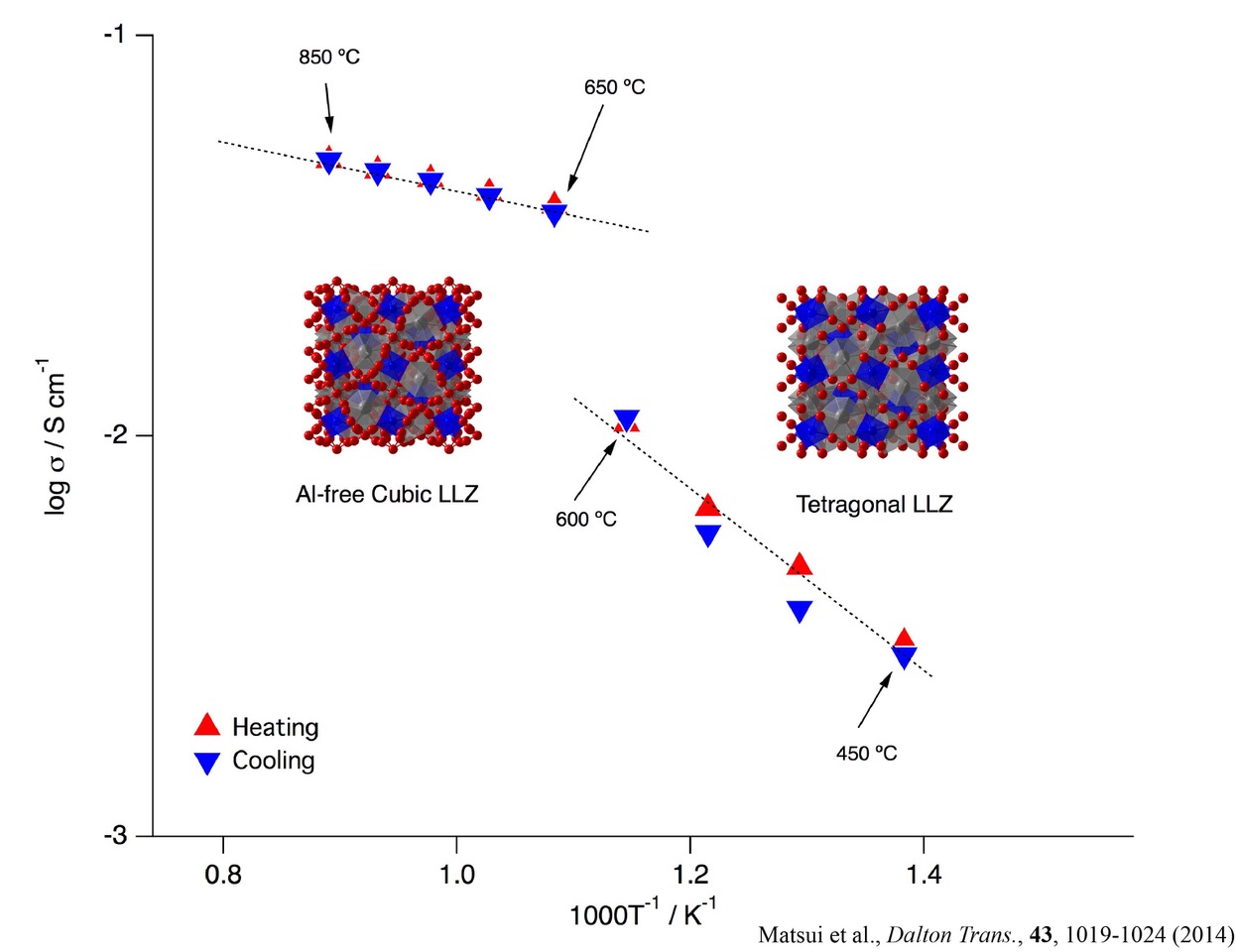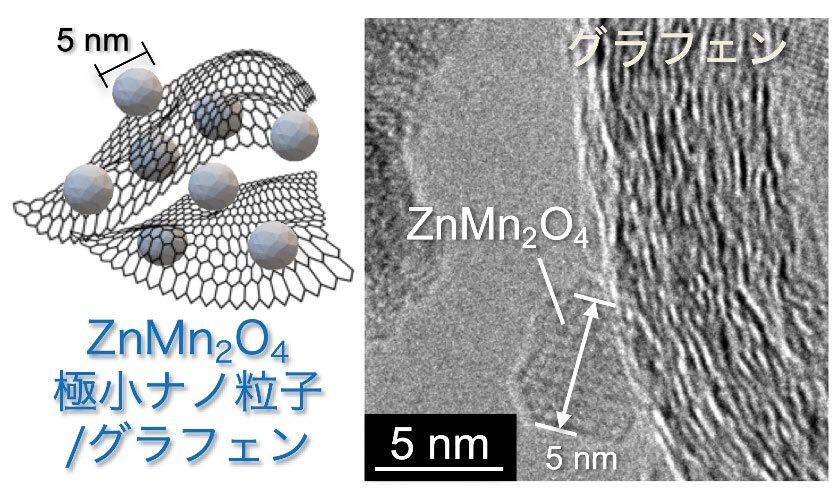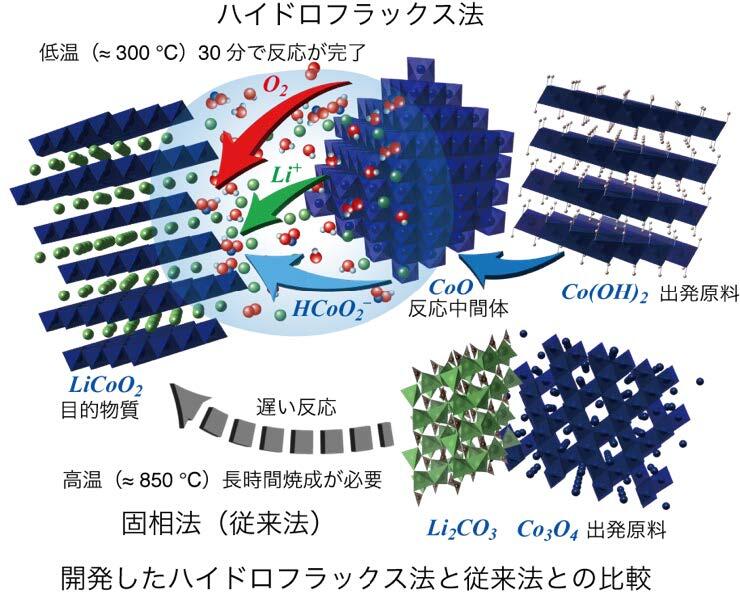MATSUI Masaki
Professor
Novel materials for innovative battery system
Department of Chemistry, Inorganic and Analytical Chemistry
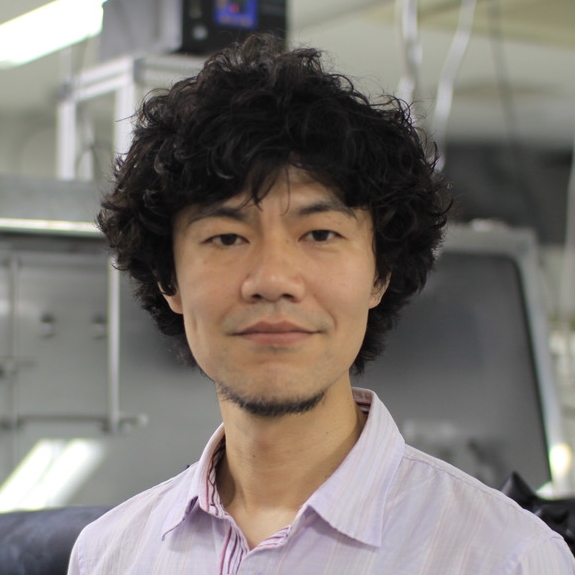
| Theme | Development of novel solid state ionics materials for next-generation battery chemistries |
| Field | Inorganic materials chemistry, Solid state chemistry, Electrochemistry, Thermochemistry |
| Keyword | Solid state ionics, Rechargeable battery, Inorganic solid state electrolyte, Insertion materials, Phase transition, Electrodeposition of less-noble metal |
Introduction of Research
Rechargeable batteries are the most critical devices for energy and environmental issues. Solid state Ionics materials, which conduct electricity through ionic conduction in the solid phase, determine the electrochemical properties of the battery systems. We have been trying to find new insertion materials with Na+ or Mg2+ ions as the carrier ions to develop the next generation battery chemistry. Understanding the electrochemical reaction process of these new materials is our interest. We also study ionic conduction properties through solid-solid hetero-interfaces. We focus on the materials design and synthesis process development to obtain the ideal solid-solid hetero-interface with fast ion conduction.
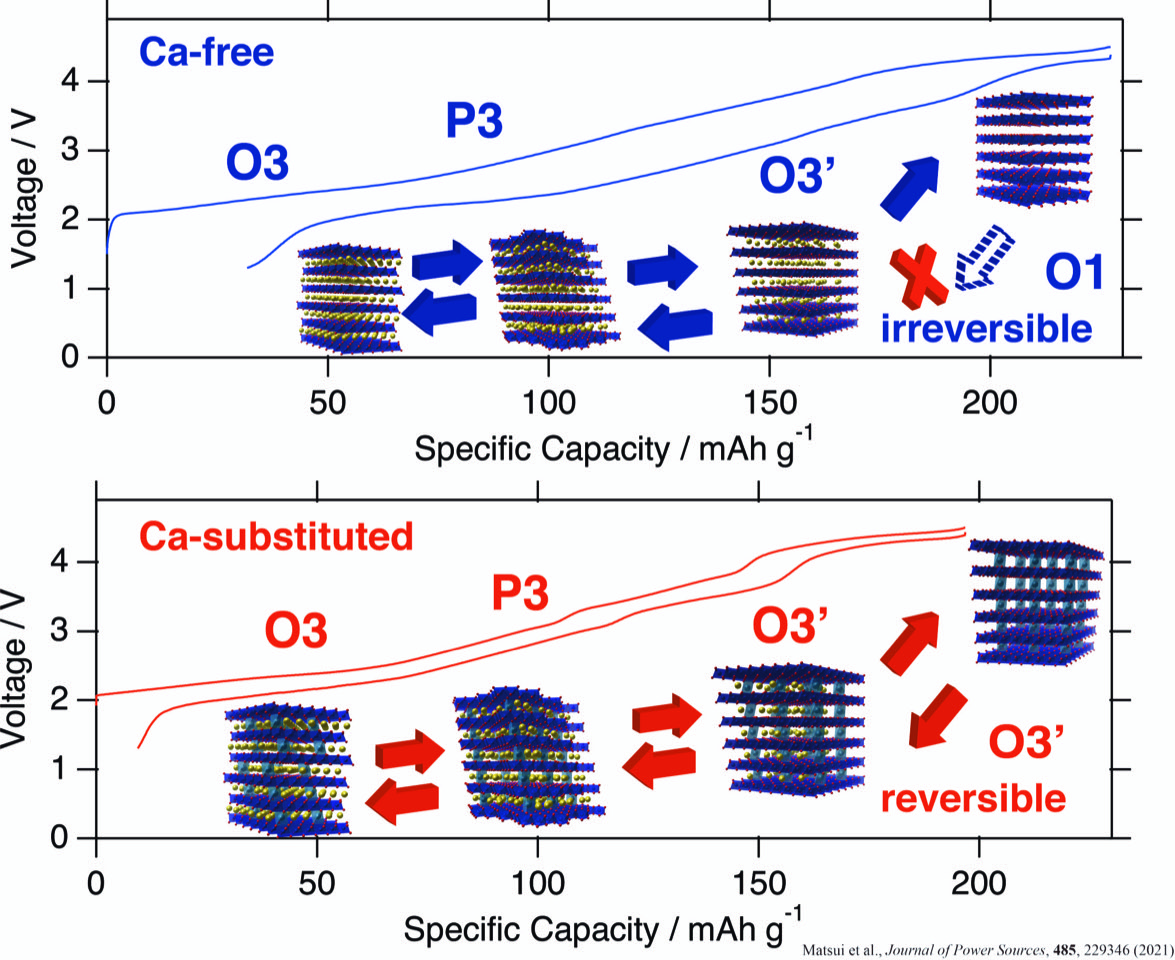
Representative Achievements
Related industries
| Academic degree | Ph.D. |
| Self Introduction | My home town is in Kyoto. Since I graduated Department of materials science and engineering at Kyoto University, I learned "Inorganic Chemistry" via my research activities. I have been working on advanced battery materials research after my master course research. I play the electric guitar. My favorite guitarists are Nuno Bettencourt, Steve Vai, and Jeff Beck. |
| Academic background | 1999 B.Sc. in Engineering, Kyoto University 2001 M.Sc. In Engineering Kyoto University 2001 Engineer, Toyota Motor Corporation 2008 Ph.D. in Engineering, Tokyo Metropolitan University 2008 Manager, Toyota Research Institute of North America 2012 Specially Appointed Associate Professor, Mie University 2013 PREST Researcher, Japan Science and Technology Agency 2015 Associate Professor, Mie University 2016 Associate Professor, Kobe University 2018 Affiliate Scientist, Lawrence Berkeley National Laboratory 2021 Professor, Department of Chemistry Hokkaido University |
| Affiliated academic society | The Electrochemical Society Japan, The Electrochemical Society, The Chemical Society of Japan, The Ceramic Society of Japan, The Solid State Ionics Society of Japan |
| Project | Grant-in Aid for Scientific Research on Innovative Areas, MEXT, Japan Science on Interfacial Ion Dynamics for Solid State Ionics Devices Japan Science and Technology Agency, Advanced Low Carbon Technology Research and Development Program, Specially Promoted Research for Innovative Next Generation Batteries (ALCA-SPRING) Elements Strategy Initiative for Catalysts and Batteries (ESICB) |
| Room address | Science Building 6 Room 6-4-03 |

